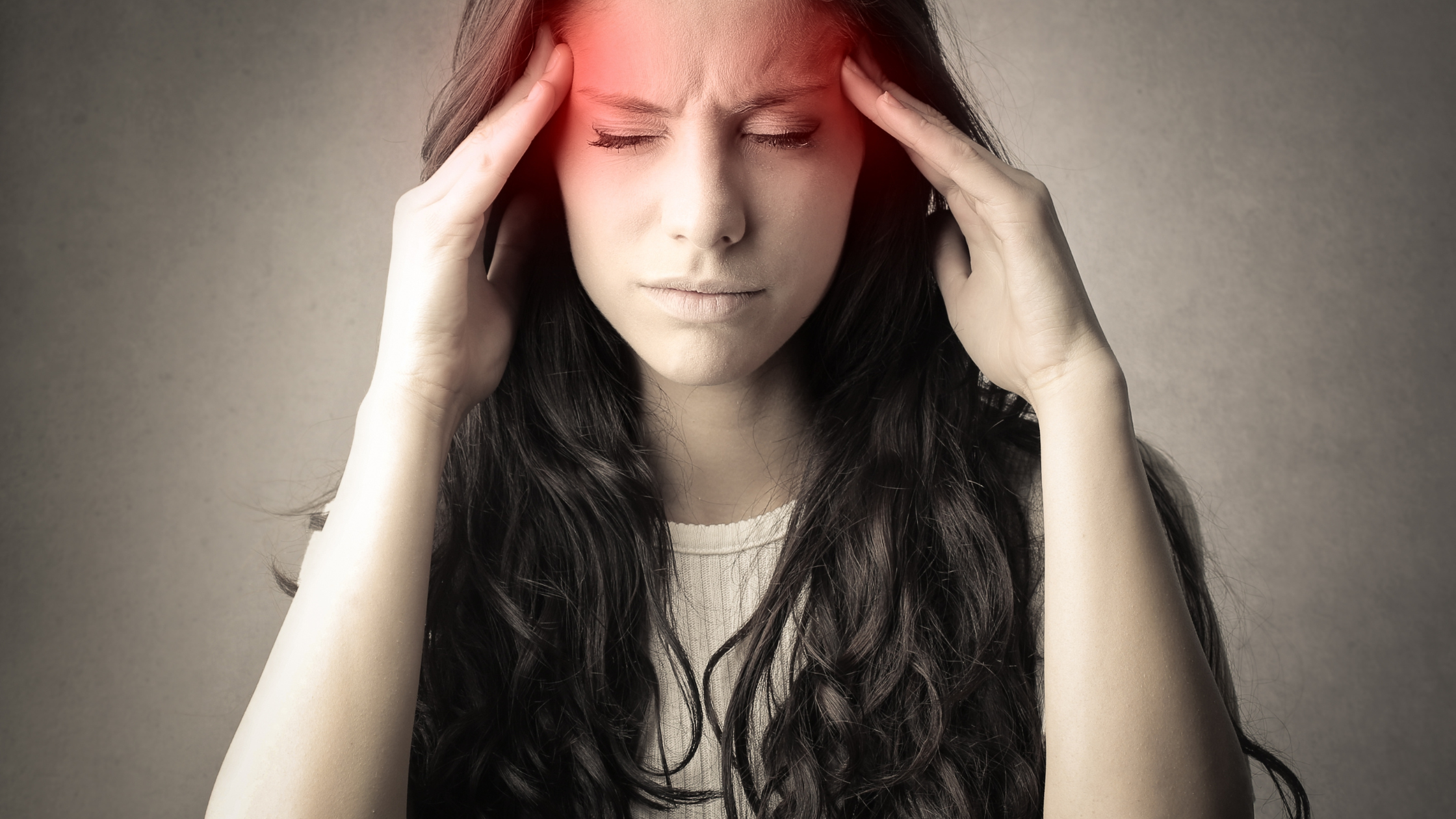
Nothing is worse than waking up in the middle of the night with a headache. This is known as a hypnic headache. They are actually extremely rare, affecting fewer than 1% of people. If you are on of those who experience them, then they can be extremely frustrating.
Continue reading to learn more about hypnic headaches and determine if you need to seek additional help.
Overview of Hypnic Headaches
Hypnic headaches are a specific, rare type of headache that happens during sleep and is so severe that it wakes the person up. Due to this, these headaches have earned the nickname "alarm-clock headaches". The pain can last 15 minutes or longer, and can happen several times a week.
They are different than other types of headaches, primarily because they happen at night only. Other types of headaches like migraines or cluster headaches may disturb sleep and can occur at any time of the day.
Symptoms of Hypnic Headaches
It's important to understand the symptoms of a hypnic headache so you can determine if you have one and have to do something about it. These include:
- Dull or throbbing pain that affects one or both sides of the head
- Headache so severe, that it wakes someone up in the middle of the night, multiple times a month
- Nausea
- Sensitivity to light or sounds, similar to a migraine
- Runny eyes or nose
If any of these symptoms, specifically the dull or throbbing head pain happen at night during sleep, then that is highly specific for a hypnic headache. The key time is in the middle of then night, a couple of hours or so after falling asleep. Depending on when you fall asleep, this can be anywhere between 1 and 3 am. Night after night, they tend to happen around the same time and can even happen multiple times a night. They range from 15 minutes to 3 hours, averaging an hour and a half.
These headaches can be on one side or both sides, but it is more common for them to be on both sides. It's also very important to understand that the headache can range in severity, but the majority of those with them describe the pain as moderate to severe.
Causes of Hypnic Headaches
Hypnic Headaches are primary, meaning they do not have a cause or underlying condition. They are the main diagnosis. Current research does not know what causes them, but is certain that they are not due to anything else.
They occur after the final phase of sleep, rapid eye movement (REM). Therefore, it is possible that it has something to do with the activation of the brain that takes place.
They also may be linked to melatonin production. Melatonin is the key hormone responsible for making you feel sleepy. It is controlled by the circadian rhythm, which is the internal sleep-wake cycle controlled by the brain and exposure to light. Because these headaches happen at the same time every night, researchers believe that it may have something to do with a disturbance of this schedule.
Normal Population of Hypnic Headaches
Older adults and women are the most likely to get hypnic headaches. Children can also have them. Women are more than 1.5 times likely to have them than men.
Over 90% of those with hypnic headaches experience their first one over the age of 50. The average age is 62 years old. It takes a while to diagnose these headaches which may impact the average age of diagnosis. Many people don't receive a diagnosis until seven years after their first headache.
Diagnosing Hypnic Headaches
in order to diagnose these headaches, your physician will take a good history to determine when these headaches occur, their severity, and frequency. This will help them to determine if they are hypnic headaches, or caused by something else. Other causes of headaches include high blood pressure, brain tumors, depression, and other sleep disorders like sleep apnea. These all have the ability to cause headaches and wake you up from sleep.
Treatments and Finding Help
One of the most effective treatments for hypnic headaches is caffeine. Caffeine does have a stimulating effect which is not what you want for sleep. However, a cup of coffee can help people with hypnic headaches, and has less side effects than other treatments like lithium.
A strong cup of coffee is recommended for both preventing these headaches and relieving them. You can consume caffeine either in a cup of coffee, caffeine pills, or pain reliever pills with caffeine. However, it's important to consume these in moderation. Overconsumption can lead to rebound headache, and if this happens, then it may be time to choose a different type of medication.
Lithium is the next in line treatment option for preventing hypnic headaches. Third is indomethacin. They are both effective, but have severe side effects that can make them unbearable. Traditional pain medications, such as nonsteroidal anti-inflammatory drugs (NSAIDs), opioids, and acetaminophen, are not effective.
Hypnic headaches are challenging, because they can cause pain and deprive one of their full night's sleep. Healthy sleep is vital to overall well-being and functioning. If you are constantly waking up at night, it is time to talk to your doctor before sleep deprivation becomes too much of an issue. Please click the orange button below to take a free online sleep test and talk with one of our sleep health professionals.
Source:
https://www.sleepfoundation.org/physical-health/hypnic-headaches
